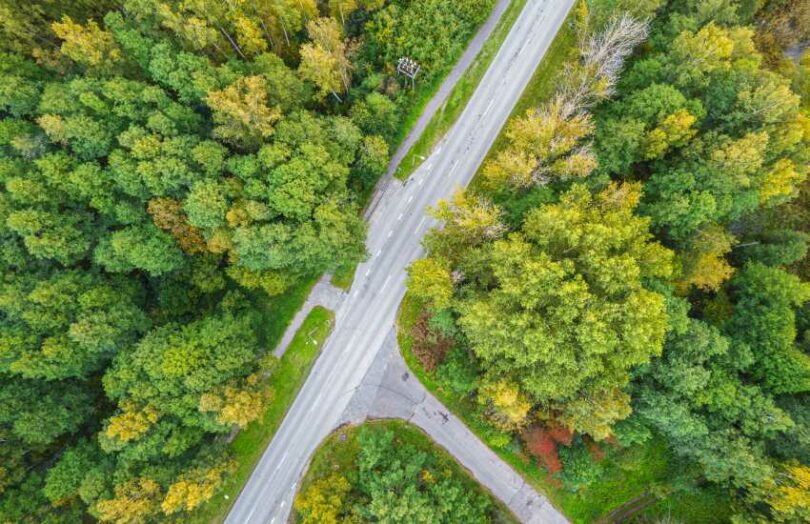This month Wakefield BioChar started using blockchain to track inbound wood waste shipments from timber mills that are used to create BioChar, a soil amendment used by farmers that absorbs carbon dioxide. The ForesTrust blockchain is a consortium solution launched by the U.S. Endowment for Forestry and Communities and developed by Chainparency.
BioChar uses wood waste that would otherwise go to landfills and heats it to a high temperature to create BioChar. While that sounds like it’s polluting in itself, it uses a process called pyrolysis that restricts oxygen intake, making it smolder, which can make the heating process self sustaining. The environmental benefit comes from the ability of the soil amendment to absorb CO2 for a very long time. However, it is not without controversy (see later).
In this case, the ForesTrust blockchain is used to pilot the tracking of wood waste from lumber mills. But in other cases, it is used to prove that wood is sustainably produced without unnecessary deforestation. Paper firm Domtar was the founding member of ForesTrust, and this week the network signed up Thompson Appalachian, a hardwood lumber product producer. Logging events on a public blockchain enables transparency into the provenance of the wood used.
Legislation is one of the drivers behind the need to prove sustainability. For example, the European Union is finalizing legislation that targets the illegal timber trade to ensure wood entering the EU isn’t from illegal deforestation.
ForesTrust was originally conceived in 2020 in collaboration with IBM, but Chainparency was appointed as the technology partner last year, with three network members so far. Chainparency uses one of the lower profile public blockchains, GoChain.
“ForesTrust represents the future of how forest products supply chains can be managed. The network will elevate the entire industry, not only by streamlining and digitizing transactions and auditing, but by displaying the sustainability of forest products through real-time data,” said Pete Madden, CEO at the Endowment.
Circling back to BioChar, the pyrolysis heating process to create the soil amendment is not without controversy. While the Wall Street Journal recently published a supportive piece, in 2019 researchers at Loughborough University said that the self-sustaining pyrolysis heating process used to create biochar is “thermodynamically unproven, practically implausible and environmentally unsound.”
Meanwhile, there have been several other blockchain initiatives targeting timber or deforestation. In 2021 the Forest Stewardship Council launched the FSC blockchain, and Preferred by Nature partnered with iov42 for Timber Chain. A year earlier, Brazilian meatpacker JBS SA launched its JBS Green Platform using blockchain technology to compare livestock suppliers’ transportation information. The objective was to ensure that cattle ranching didn’t contribute to deforestation.






